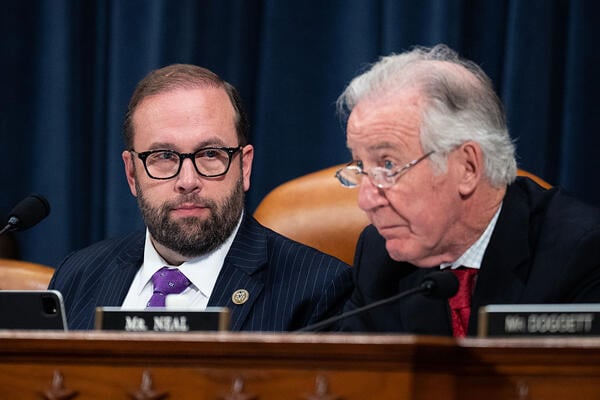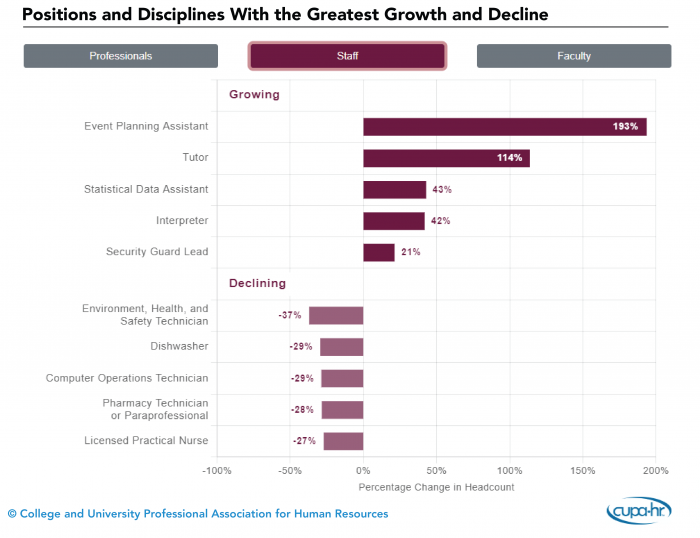The Teaching Excellence Framework has always had multiple aims.
It was partly intended to rebalance institutional focus from research towards teaching and student experience. Jo Johnson, the minister who implemented it, saw it as a means of increasing undergraduate teaching resources in line with inflation.
Dame Shirley Pearce prioritised enhancing quality in her excellent review of TEF implementation. And there have been other purposes of the TEF: a device to support regulatory interventions where quality fell below required thresholds, and as a resource for student choice.
And none of this should ignore its enthusiastic adoption by student recruitment teams as a marketing tool.
As former Chair and Deputy Chair of the TEF, we are perhaps more aware than most of these competing purposes, and more experienced in understanding how regulators, institutions and assessors have navigated the complexity of TEF implementation. The TEF has had its critics – something else we are keenly aware of – but it has had a marked impact.
Its benchmarked indicator sets have driven a data-informed and strategic approach to institutional improvement. Its concern with disparities for underrepresented groups has raised the profile of equity in institutional education strategies. Its whole institution sweep has made institutions alert to the consequences of poorly targeted education strategies and prioritised improvement goals. Now, the publication of the OfS’s consultation paper on the future of the TEF is an opportunity to reflect on how the TEF is changing and what it means for the regulatory and quality framework in England.
A shift in purpose
The consultation proposes that the TEF becomes part of what the OfS sees as a more integrated quality system. All registered providers will face TEF assessments, with no exemptions for small providers. Given the number of new providers seeking OfS registration, it is likely that the number to be assessed will be considerably larger than the 227 institutions in the 2023 TEF.
Partly because of the larger number of assessments to be undertaken, TEF will move to a rolling cycle, with a pool of assessors. Institutions will still be awarded three grades – one for outcomes, one for experience and one overall, but their overall grade will simply be the lower of the two other grades. The real impact of this will be on Bronze-rated providers who could find themselves subject to a range of measures, potentially including student number controls or fee constraints, until they show improvement.
The OfS consultation paper marks a significant shift in the purpose of the TEF, from quality enhancement to regulation and from improvement to compliance. The most significant changes are at the lower end of assessed performance. The consultation paper makes sensible changes to aspects of the TEF which always posed challenges for assessors and regulators, tidying up the relationship between the threshold B3 standards and the lowest TEF grades. It correctly separates measures of institutional performance on continuation and completion – over which institutions have more direct influence – from progression to employment – over which institutions have less influence.
Pressure points
But it does this at some heavy costs. By treating the Bronze grade as a measure of performance at, rather than above, threshold quality, it will produce just two grades above the threshold. In shifting the focus towards quantitative indicators and away from institutional discussion of context, it will make TEF life more difficult for further education institutions and institutions in locations with challenging graduate labour markets. The replacement of the student submission with student focus groups may allow more depth on some issues, but comes at the expense of breadth, and the student voice is, disappointingly, weakened.
There are further losses as the regulatory purpose is embedded. The most significant is the move away from educational gain, and this is a real loss: following TEF 2023, almost all institutions were developing their approaches to and evaluation of educational gain, and we have seen many examples where this was shaping fruitful approaches to articulating institutional goals and the way they shape educational provision.
Educational gain is an area in which institutions were increasingly thinking about distinctiveness and how it informs student experience. It is a real loss to see it go, and it will weaken the power of many education strategies. It is almost certainly the case that the ideas of educational gain and distinctiveness are going to be required for confident performance at the highest levels of achievement, but it is a real pity that it is less explicit. Educational gain can drive distinctiveness, and distinctiveness can drive quality.
Two sorts of institutions will face the most significant challenges. The first, obviously, are providers rated Bronze in 2023, or Silver-rated providers whose indicators are on a downward trajectory. Eleven universities were given a Bronze rating overall in the last TEF exercise – and 21 received Bronze either for the student experience or student outcomes aspects. Of the 21, only three Bronzes were for student outcomes, but under the OfS plans, all would be graded Bronze, since any institution would be given its lowest aspect grade as its overall grade. Under the proposals, Bronze-graded institutions will need to address concerns rapidly to mitigate impacts on growth plans, funding, prestige and competitive position.
The second group facing significant challenges will be those in difficult local and regional labour markets. Of the 18 institutions with Bronze in one of the two aspects of TEF 2023, only three were graded bronze for student outcomes, whereas 15 were for student experience. Arguably this was to be expected when only two of the six features of student outcomes had associated indicators: continuation/completion and progression.
In other words, if indicators were substantially below benchmark, there were opportunities to show how outcomes were supported and educational gain was developed. Under the new proposals, the approach to assessing student outcomes is largely, if not exclusively, indicator-based, for continuation and completion. The approach is likely to reinforce differences between institutions, and especially those with intakes from underrepresented populations.
The stakes
The new TEF will play out in different ways in different parts of the sector. The regulatory focus will increase pressure on some institutions, whilst appearing to relieve it in others. For those institutions operating at 2023 Bronze levels or where 2023 Silver performance is declining, the negative consequences of a poor performance in the new TEF, which may include student number controls, will loom large in institutional strategy. The stakes are now higher for these institutions.
On the other hand, institutions whose graduate employment and earnings outcomes are strong, are likely to feel more relieved, though careful reading of the grade specifications for higher performance suggests that there is work to be done on education strategies in even the best-performing 2023 institutions.
In public policy, lifting the floor – by addressing regulatory compliance – and raising the ceiling – by promoting improvement – at the same time is always difficult, but the OfS consultation seems to have landed decisively on the side of compliance rather than improvement.





